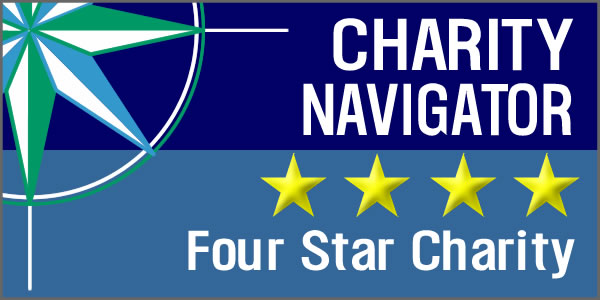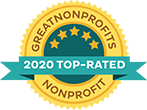|
Friend,
The United Nations Food and Agriculture Organization (FAO) aims for a world with #ZeroHunger, where people have regular access to enough high-quality food to lead active, healthy lives. But its recent actions suggest otherwise.
Last year, the FAO signed a letter of intent to formalize a partnership with CropLife International — the global trade association representing the world’s biggest agrochemical corporations, which produce and promote Highly Hazardous Pesticides.
This partnership would undermine the principles set out in the organization’s Code of Conduct on Pesticide Management, like minimizing the harms of chemical pesticide use worldwide.
Following the announcement, hundreds of civil society and Indigenous Peoples organizations, scientists, and academics sent joint letters to the FAO Director General expressing deep concerns with the plans to strengthen official ties with CropLife. The Director General’s response failed to address those concerns.
Now, we need the public to speak up, too. Will you sign the petition to tell FAO to stop the #ToxicAlliance with CropLife?
Global reliance on hazardous pesticides threatens the right to an adequate food supply and community health — for both present and future generations. More than one-third of CropLife member companies’ sales are of Highly Hazardous Pesticides that pose the highest levels of risk to health or the environment.
Pesticides produced by CropLife member companies decimate pollinator populations, wreak havoc on biodiversity and fragile ecosystems, and put human health at risk in communities around the world. Recent estimates show nearly 385 million acute pesticide poisonings each year, which translates to nearly 44% of farmers and agriculture workers globally — an increase of nearly 1440% percent since 1990. Since CropLife members dominate the industry, any partnership is directly at odds with the FAO’s efforts to promote health.
CropLife’s sole purpose is to advocate for the use of its members’ products, which are both antiquated chemical solutions and techno-fixes (genetically modified seeds) that lock farmers into ever-escalating use of pesticides and proprietary seeds. These products have systematically undermined the rights and welfare of the majority of the world’s food producers.
The FAO’s alliance with CropLife would perpetuate this unjust and unsustainable system, and it is in direct opposition to advancing agroecology, which the organization itself notes “can support food production and food security and nutrition while restoring the ecosystem services and biodiversity that are essential for sustainable agriculture.”
Instead of supporting the transition to people-led agroecology, FAO would be putting profit above people and the planet, and prioritizing pesticide manufacturers’ interests over those of civil society, farmers, Indigenous Peoples, and scientists.
The bottom line is that a partnership between FAO and CropLife would endanger our global food systems. Add your name today to tell FAO to stop this #ToxicAlliance.

1101 15th Street NW, Floor 11, Washington DC, 20005
Phone: (202) 785-8700 | Fax: (202) 785-8701 | info@ciel.org  
|